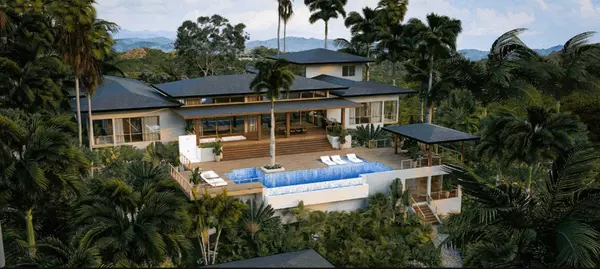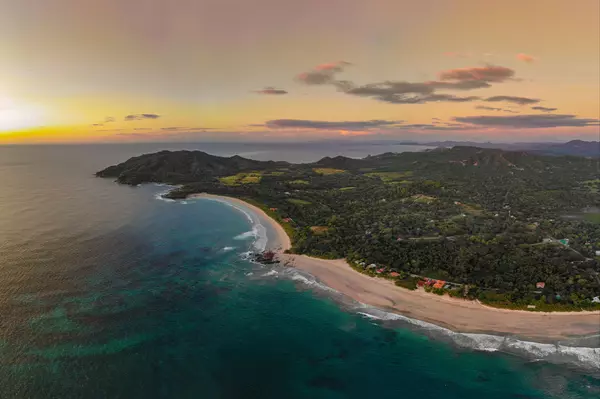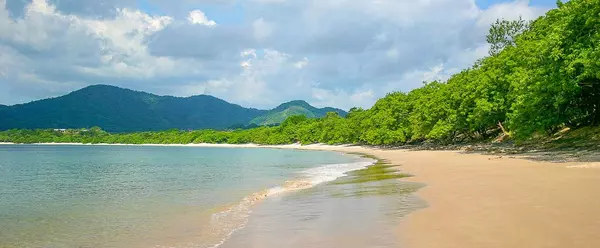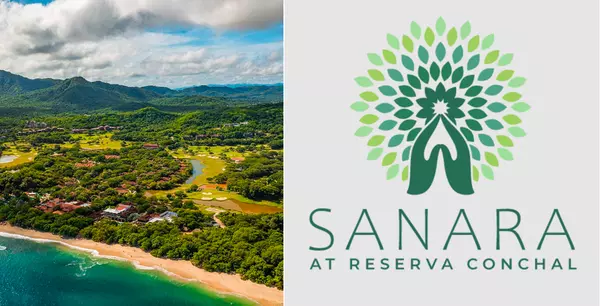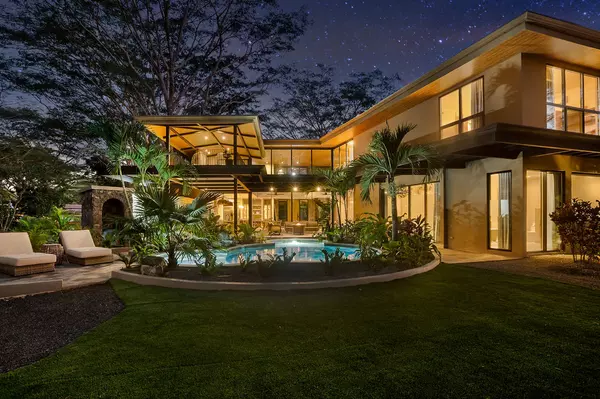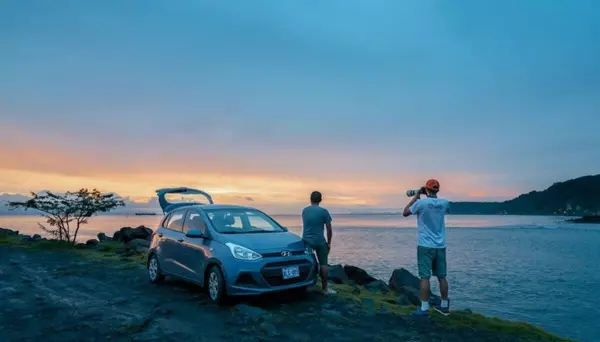OUR LATEST VIDEO TOURS
FINANCING NOW AVAILABLE
The real estate financing program is designed to help foreign nationals with Costa Rican residence (DIMEX*) and non-residents ( No DIMEX *) easily purchase property in the country.
Under the new program, salaried and self-employed foreigners with DIMEX* can obtain financing with loan-to-value (LTV) of up to 75% (lowest value between appraisal and selling price), and No DIMEX* can receive up to 50%. In addition, the loan term can be up to 25 years, providing borrowers with flexibility and long-term stability.
GUIDES AND RESOURCES
YOUR LOCAL REAL ESTATE ADVISOR
Real Estate Advisor | Conseillère en Immobilier
ENGEL & VÖLKERS Costa Rica | Tamarindo
Partner of Engel & Völkers Americas
Mobile & WhatsApp + 506-8807 7474
Canada & USA toll-free 1 (844) 241 2411
cynthia.deslauriers@evrealestate.com
Cynthia Deslauriers is a trusted and experienced real estate advisor who has made Tamarindo, Costa Rica, her home for nearly 15 years. Since arriving in Costa Rica in 2005 as a real estate agent, Cynthia has developed a profound understanding of the local real estate market and established deep roots in the community, building strong relationships with expats, locals, developers, brokers, and landowners.
This expertise and her personalized approach make her a go-to expert in the Tamarindo, Guanacaste, Costa Rica region for anyone looking to buy or sell real estate.
Cynthia's commitment to delivering exceptional service and personalized attention sets her apart from other real estate professionals in the area. She takes the time to listen and understand each client's unique needs and goals, guiding them through every step of the process with the utmost professionalism and care.
As a member of the Engel & Völkers team, Cynthia has access to an extensive network of buyers and sellers, enabling her to easily connect clients with the right property or buyer.
Real Estate Advisor | Conseillère en Immobilier
ENGEL & VÖLKERS Costa Rica | Tamarindo
Partner of Engel & Völkers Americas
Mobile & WhatsApp + 506-8807 7474
Canada & USA toll-free 1 (844) 241 2411
cynthia.deslauriers@evrealestate.com
Cynthia Deslauriers is a trusted and experienced real estate advisor who has made Tamarindo, Costa Rica, her home for nearly 15 years. Since arriving in Costa Rica in 2005 as a real estate agent, Cynthia has developed a profound understanding of the local real estate market and established deep roots in the community, building strong relationships with expats, locals, developers, brokers, and landowners.
This expertise and her personalized approach make her a go-to expert in the Tamarindo, Guanacaste, Costa Rica region for anyone looking to buy or sell real estate.
Cynthia's commitment to delivering exceptional service and personalized attention sets her apart from other real estate professionals in the area. She takes the time to listen and understand each client's unique needs and goals, guiding them through every step of the process with the utmost professionalism and care.
As a member of the Engel & Völkers team, Cynthia has access to an extensive network of buyers and sellers, enabling her to easily connect clients with the right property or buyer.

